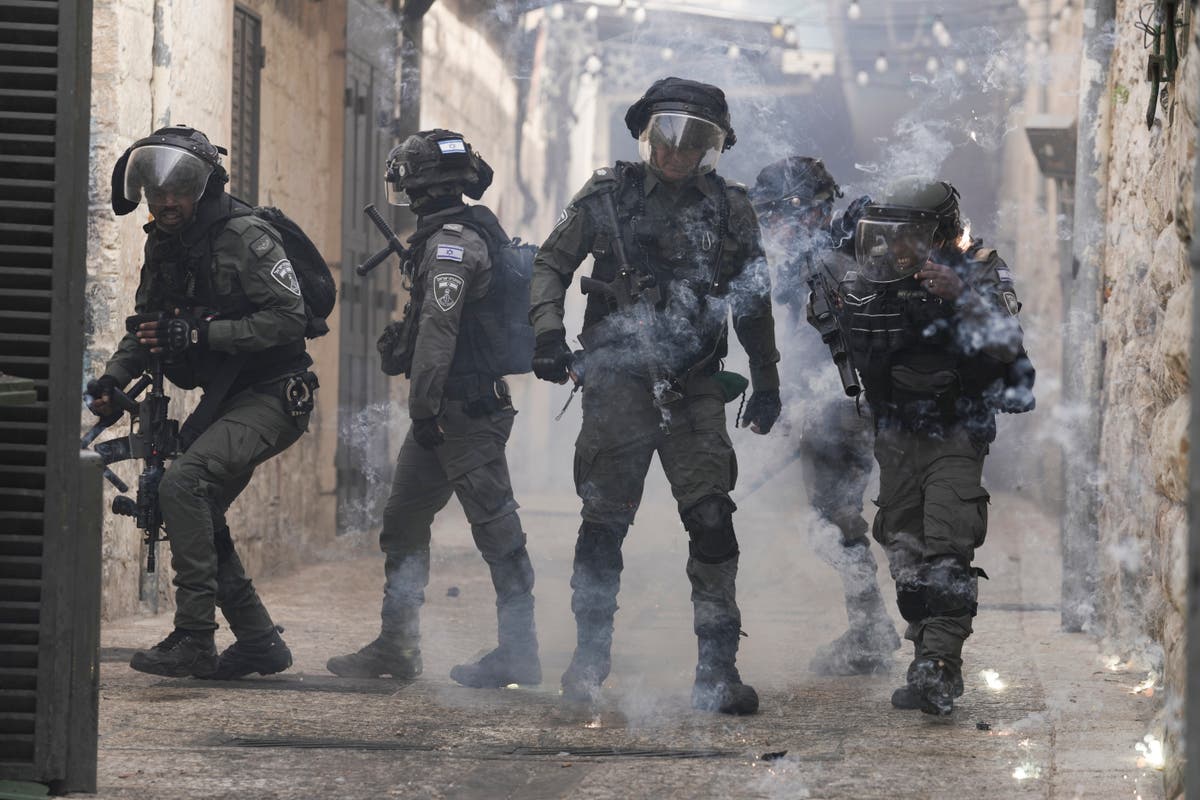
In April this year, when the Imran Khan Government was voted out, many
Pakistan watchers thought the military, its principal backer, had lost the plot.
Three months hence, the situation is worse and the plot is still missing.
The Pakistan Army’s silence, conveyed through strenuous public denials of
playing any role in the country’s politics, is deafening. This is unprecedented.
Both, supporters and critics who are ridiculing it, are at the same time,
seeking directions from it.
Pakistan’s irony is that neither the army, nor the current government of Prime
Minister Shehbaz Sharif have emerged stronger, even though the latter has
given it carte blanche on vetting – in effect selecting – top level civilian
bureaucracy.
Nor, for that matter, the National Assembly’s authorization to the army to hold
negotiations with the rebellious Tehreek-e-Taliban Pakistan (TTP) has
helped. Both, the government and parliament have abdicated their
respective roles and powers, without strengthening either democracy, or the
military.
Having secured this mandate, the army has begun “peace talks” with the
TTP, basing them on “national security” perspective. The earlier assurances,
by the army and the government that the talks would be within the
constitutional norms appear to have gone missing.
This is the inevitable outcome in a country ruled by an effete political class
that is perennially engaged in its game of mutual recrimination. Constitutional
norms are frequently violated and both sides approach the court. So, along
with the military, the judiciary is the arbiter of everything political. While the
army operates from behind curtains, the judiciary is upfront and acts with
alacrity.
For a keen Pakistan watcher, it is difficult to determine whether the army
needs to be envied or pitied. It is facing the real prospect of losing its control
as well as its sheen.
Never before has it been attacked and subjected to ridicule, even its current
chief of staff, General Qamar Javed Bajwa, being named directly, earlier by
former prime minister Nawaz Sharif and now, by Imran Khan. Indeed, both
have been among the prominent – and open – proxies the army promoted at
one time or the other. It has been a case of the army’s hand of support being
bitten.
The new angle to the army’s public ridicule is, besides naming of its Chief, is
one of being referred to in pejorative terms like ‘neutrals’, a word that the
army’s public relations has repeatedly used to demonstrate that it has no
favourites among the politicians, parties and alliances. Now it is the favourite
of Khan and his supporters.
There seems yet another new angle to the army’s role. It has failed to evolve
unanimity within its own ranks. There is discernible wavering in its approach
to the political muddle it has helped create, originally, by getting Nawaz Sharif
to resign in 2016 after a questionable Supreme Court verdict in a corruption
case.
The second rung of the army’s senior brass is keen to give Khan another
chance, as it dislikes the established, family-driven PPP and PML (N). This
has emboldened Khan no end and combined with his aggressive campaign,
won this month’s bye-elections to Punjab Assembly. Now, Khan is
unstoppable and is hell bent on early elections.
The army’s dilemma is how to bell the economic cat, what with prices
spiralling and the International Monetary Fund (IMF) dictating decisions that
burden the masses and make the Sharif Government unpopular. Financial
bailout from other friendly countries is also not coming soon. There are
numerous signs of an implosion of the economy with direct bearing on the
political situation. Ultimately, the buck stops at the army’s door. An early
election is bound to send Pakistan in a tail-spin. Constitutional changes
debar a direct intervention by the army, and domestic conditions also warn
against it.
Finally, Gen. Bajwa has four months left to complete his extended tenure as
the army chief. He has conveyed, though not directly, that he would prefer to
go home and not seek another extension.
But he cannot abdicate his responsibility towards the institution he is serving
and that is really governing Pakistan. He must take the most daunting of
decisions – and carry other generals along. It is: come November, will it be
Sharif, heading a doddering government, or another government headed by
another prime minister that will go through the formality of choosing the next
Army Chief?






